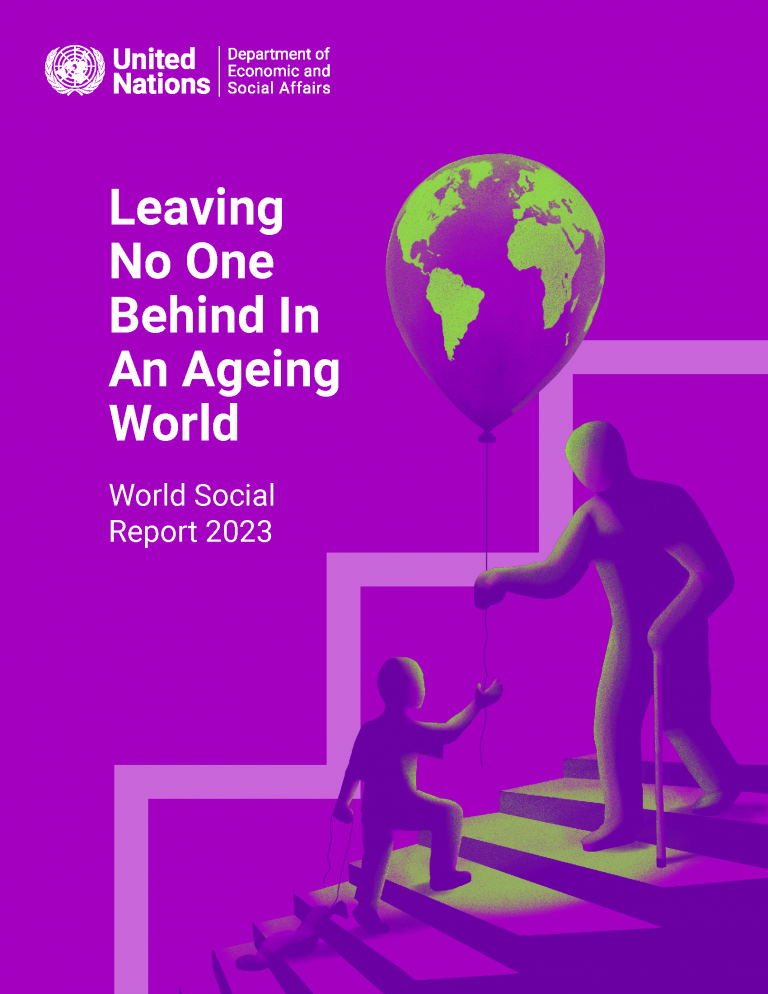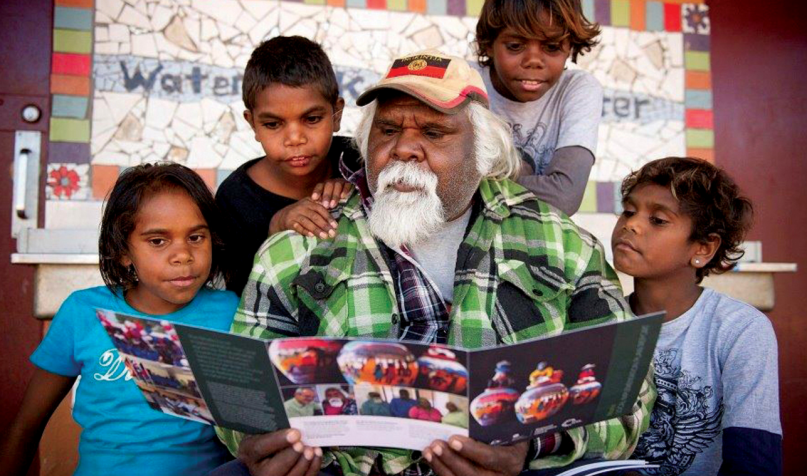Publications
Displaying 21 - 30 of 45
UN General Assembly Reports on Social Development |
In the present report, the Secretary-General stresses the need to regain lost ground and strengthen national actions and international cooperation to achieve the goals and objectives of the World Summit for Social Development and the 2030 Agenda for Sustainable Development. He reviews the progress made since 1995, examines the current state of play and highlights global challenges to social development. In this context, the Secretary-General calls upon Member States to commit to bold and transformative actions to revive progress and outlines policies and programmes to address the rise in extreme poverty and food insecurity, the lack of access to quality education and energy and the shortage…
UN General Assembly Reports on Social Development |
The report provides an overview of progress achieved in implementing the resolution, with a focus on intergenerational solidarity and partnerships, food security and sustainable consumption, and inclusive development through sport, culture and recreation, in the context of building back better from the coronavirus disease (COVID-19) pandemic. Input for the report was requested from Member States, United Nations entities and youth organizations. It concludes with key recommendations for consideration by the Assembly.
UN General Assembly Reports on Social Development |
The report outlines key policies and actions that can assist cooperatives in realizing their full potential for supporting Member States to achieve the Sustainable Development Goals, including by providing decent jobs, advancing poverty eradication and promoting environmental sustainability. The report uses the entrepreneurial ecosystem approach as an analytical framework for reporting on the implementation of resolution 76/135 and providing guidelines that Member States may wish to adopt in supporting cooperatives as sustainable and successful business enterprises.
, UN General Assembly Reports on Social Development |
The report includes an analysis of the role of social inclusion and social integration in combating multidimensional poverty with a focus on specific groups, in particular children, women, youth, persons with disabilities, older persons, migrants and Indigenous Peoples. The report concludes with key recommendations for consideration by the Assembly.
UN General Assembly Reports on Social Development |
In the present report, the Special Rapporteur on the rights of Indigenous Peoples, José Francisco Calí Tzay, focuses on the theme “Tourism and the rights of Indigenous Peoples”, analysing best practices and challenges in the promotion and respect of the rights of Indigenous Peoples to achieve positive community-based sustainable tourism outcomes.
UN General Assembly Reports on Social Development |
Population ageing signals humankind’s extraordinary collective success in improving living conditions for billions of people around the world. The present note examines the economic and social implications of the process of population ageing and presents policy recommendations to manage this global trend equitably. The note presents the main findings of the World Social Report 2023: Leaving No One Behind in an Ageing World.
Flagship Reports |
Population ageing is a defining global trend of our time. People are living longer, and more are older than ever before. Spectacular improvements in health and survival and reductions in fertility have driven this momentous shift, which has begun or is expected to begin soon in all countries and areas.
This change brings both challenges and opportunities as countries strive to achieve the Sustainable Development Goals (SDGs). In 2022, the world marked the twentieth anniversary of the adoption of the Madrid International Plan of Action on Ageing. To commemorate this landmark, the World Social Report 2023 explores the economic and social implications of the ageing of the human population. It…
Policy Briefs |
PDF document available at: https://www.un.org/development/desa/dpad/wp-content/uploads/sites/45/publication/PB150.pdf
Worldwide, populations are ageing rapidly due to gains in life expectancy and declines in fertility. The trend towards a growing number and share of older persons is projected to continue in the foreseeable future. As the number of older persons grows, their socioeconomic and demographic characteristics will evolve as well, with implications for economies, societies and public budgets.
While long-term trends are hard to predict, assessing the characteristics of current and future cohorts of older persons provides important insights into the future of our ageing…
Policy Briefs |
PDF document available at: https://www.un.org/development/desa/dpad/wp-content/uploads/sites/45/publication/PB149.pdf
Introduction
Public institutions are confronted with far-reaching and complex challenges in building an inclusive and resilient post-COVID-19 society, ranging from public health and employment to education and social protection. These are coupled with other pressing challenges toward achieving the 2030 Agenda for Sustainable Development, including poverty eradication, climate change as well as energy and food crises. As governments alone cannot effectively respond to these multi-faceted challenges and “participation is a key dimension of governance and one of the…
Policy Briefs |
PDF document available at: https://www.un.org/development/desa/dpad/wp-content/uploads/sites/45/publication/PB151.pdf
Languages are one of the most significant emblems of human diversity, revealing how we can perceive, relate to, and understand the world differently. Languages are vehicles of our cultures, collective memory and values. They are an essential component of our identities.
Out of the 6,700 languages spoken worldwide, forty percent are in danger of disappearing. Indigenous Peoples make up less than 6 percent of the global population, yet they speak more than 4,000 of the world’s languages. Most of the languages that are under threat are Indigenous languages.
This…
 Welcome to the United Nations
Welcome to the United Nations



